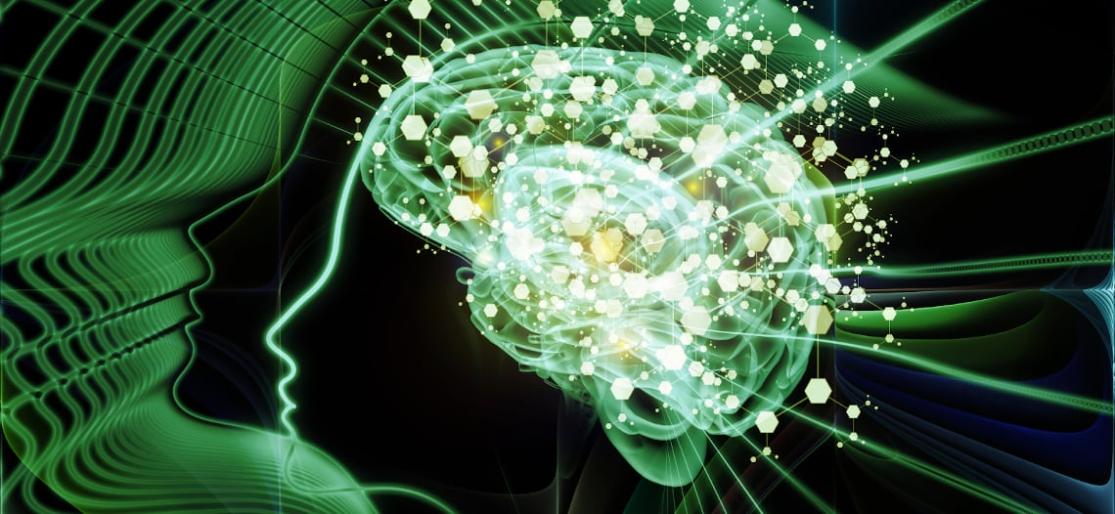How Does the Brain Process Emotions?
Emotions are complex psychological states that play a crucial role in human experience. They influence our thoughts, behaviors, and interactions with the world around us. The brain, as the control center of the body, is responsible for processing and regulating emotions. Understanding how the brain processes emotions is essential for emotional well-being and mental health.

The Limbic System: The Emotional Brain
The limbic system is a complex network of brain structures that is primarily involved in emotion processing. Key structures of the limbic system include:
- Amygdala: Fear and aggression
- Hippocampus: Memory and emotional context
- Thalamus: Sensory processing and relay of emotional information
- Hypothalamus: Regulation of basic drives and stress response
- Cingulate gyrus: Emotional awareness and decision-making
These structures work together to process emotions by receiving sensory information, evaluating its emotional significance, and generating appropriate emotional responses.
The Role Of Neurotransmitters In Emotion
Neurotransmitters are chemical messengers that facilitate communication between neurons in the brain. Several neurotransmitters play a crucial role in emotion processing:
- Dopamine: Pleasure, reward, and motivation
- Serotonin: Mood, happiness, and well-being
- Norepinephrine: Arousal, attention, and focus
- Endorphins: Pain relief and euphoria
- Oxytocin: Bonding, trust, and social connection

The interaction of these neurotransmitters influences emotional states, with imbalances or dysregulation leading to emotional disorders.
The Influence Of Cognitive Processes On Emotions
Cognitive processes, such as thoughts, beliefs, and perceptions, significantly influence emotional experiences.
- Appraisals: The way we interpret and evaluate situations shapes our emotional responses.
- Attentional bias: The tendency to focus on emotionally relevant information can intensify emotional experiences.
- Memory biases: The selective recall of emotional memories can perpetuate emotional states.

Cognitive-behavioral therapy (CBT) can help individuals modify their thoughts and behaviors to manage emotions effectively.
The Impact Of Culture And Environment On Emotion Processing
Culture and environment play a significant role in shaping emotional experiences.
- Cultural norms and values: Socially acceptable ways of expressing emotions vary across cultures.
- Emotional collectivism: Some cultures emphasize group emotions over individual emotions.
- Emotional suppression: Certain cultures discourage the open expression of emotions.
Environmental factors such as stress, trauma, and social support can also affect emotional processing.
The brain processes emotions through a complex interplay of brain structures, neurotransmitters, cognitive processes, and cultural and environmental influences. Understanding these processes is crucial for emotional well-being and mental health. Further research is needed to explore the intricate mechanisms of emotion processing and develop effective strategies for emotional regulation.
YesNo

Leave a Reply